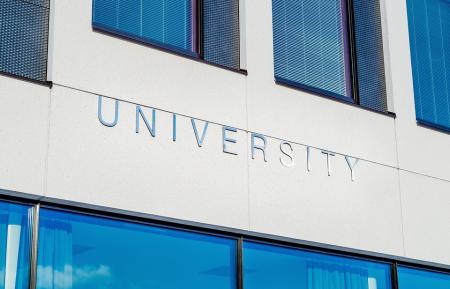
In an effort to make the college admissions process more fair and equitable, the California State Assembly sent Governor Newsom AB 697 by Assemblymember Phil Ting (D-San Francisco). Ting’s bill would require colleges to disclose to the state whether they give preferential admissions treatment to applicants related to donor or alumni, and detail how many students were admitted under such practices.
“If we’re allowing CalGrants and other state-funded benefits to go toward a school, we need to ensure every applicant has a level playing field during the application process,” said Ting.
In March, a handful of Assembly Democrats unveiled a package of six college admissions reform proposals in response to the scandal dubbed “Operation Varsity Blues.” That investigation alleges that well-connected families used a side door to get their children admitted into elite schools through illegal bribes and/or donations. Additionally, the scandal shed light on the many legal ways that wealth and relationships skew the college admissions process. AB 697 is the first reform measure to reach the Governor.
Other proposals by lawmakers include:
- AB 1383 strengthens checks and balances on special admissions (McCarty)
- ACR 64 studies phasing out the use of SAT and ACT scores for admissions (McCarty)
- AB 1312 establishes a registration process for college admission consultants (Low)
- AB 136 prohibits fraudulent tax write-offs for individuals charged in the scandal (Quirk-Silva)
- Audit request of the University of California’s admission policies and practices (Boerner Horvath)
As with all bills sent to the Governor this month by the September 13th deadline, he has until October 13th to act. If signed into law, AB 697 will take effect January 1, 2020.
# # # # #